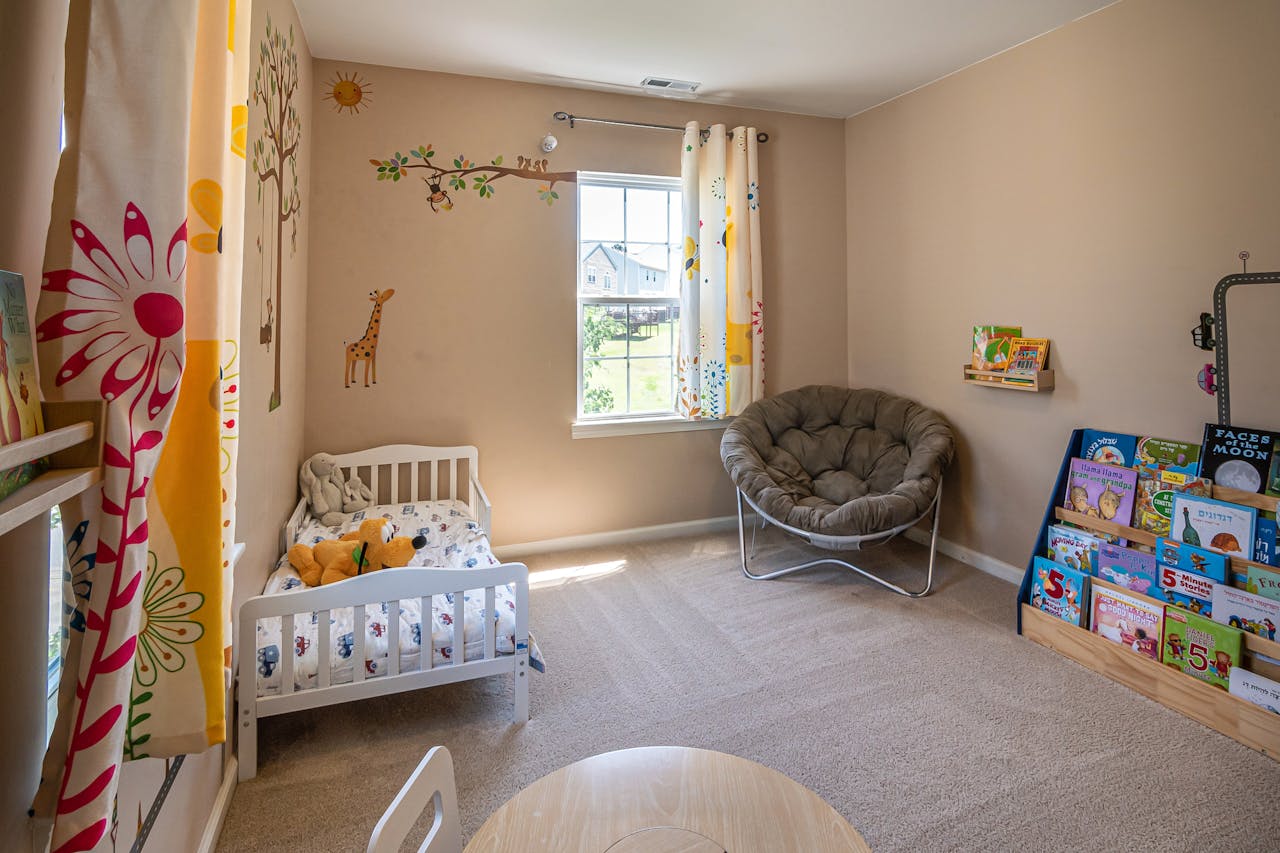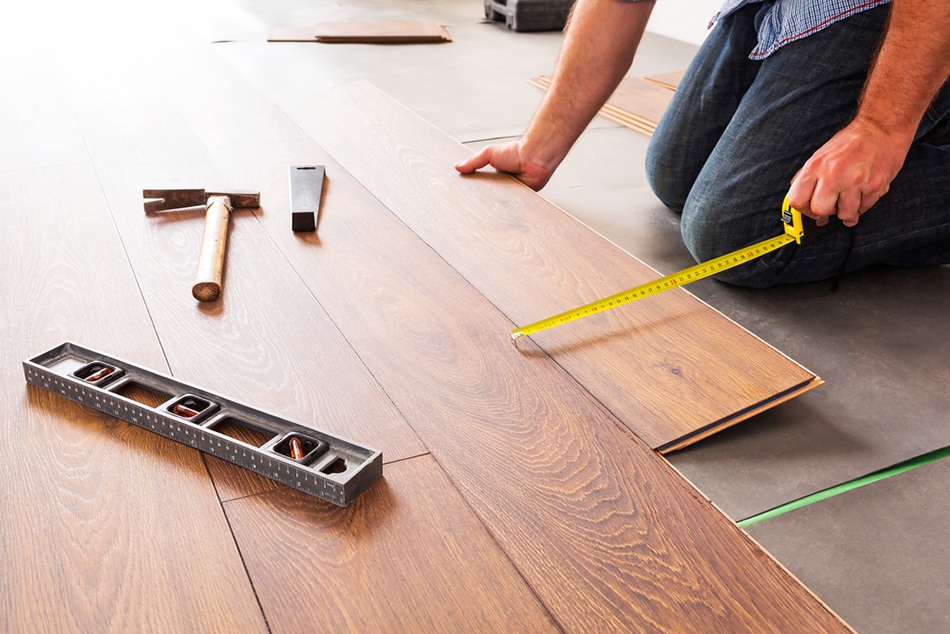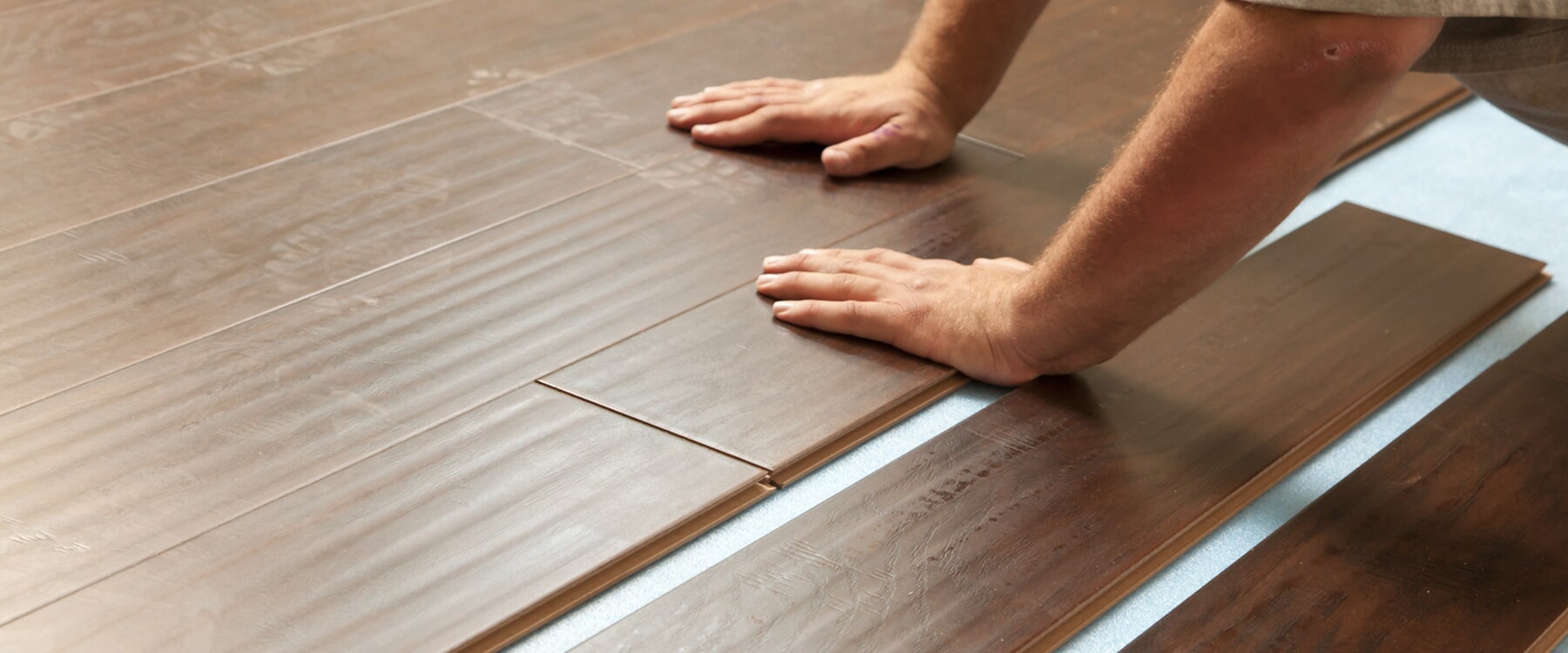 Content Gap Analysis – Find What Competitors Are Missing!
Content Gap Analysis – Find What Competitors Are Missing!
Vinyl Floor Installation vs. Hardwood: Which Is Right for You?
Written by 212 » Updated on: June 17th, 2025


When it comes to flooring options, vinyl and hardwood stand as two of the most popular choices for homeowners and businesses. Each option offers distinct benefits, making the decision between them dependent on factors such as cost, durability, aesthetics, and ease of installation. In this article, we’ll explore the key differences between vinyl floor installation and hardwood, covering practical questions like preparation, cost, and whether you can install vinyl flooring yourself.
Vinyl Flooring: A Versatile and Budget-Friendly Option
What Should I Put Down Before Laying Vinyl Flooring?
Before installing vinyl flooring, proper preparation is crucial for a smooth and durable finish. Here’s what you should consider:
Subfloor Assessment: Ensure the subfloor is clean, level, and dry. Any unevenness can cause the vinyl to warp or buckle over time.
Underlayment: While not always required, an underlayment can help reduce noise and add extra cushioning. It’s especially useful for click-lock vinyl planks.
Moisture Barrier: If you’re installing vinyl over concrete, a moisture barrier is essential to prevent water damage.
Remove Old Flooring: In most cases, removing old flooring is recommended unless the vinyl can be safely installed on top of it (check manufacturer guidelines).
How Much Does It Cost to Install 1,000 Square Feet of Vinyl Floors?
The cost of installing vinyl flooring can vary based on material quality, type, and labor. For 1,000 square feet, you can expect:
Material Costs: Vinyl plank or luxury vinyl tile (LVT) typically costs between $2 to $7 per square foot. For 1,000 square feet, this adds up to $2,000–$7,000.
Labor Costs: Professional installation can cost $1.50 to $3 per square foot, totaling $1,500–$3,000 for 1,000 square feet.
On average, installing 1,000 square feet of vinyl flooring can range from $3,500 to $10,000, depending on the quality and type of vinyl chosen.
Can I Install Vinyl Flooring Myself?

One of the standout advantages of vinyl flooring is its ease of installation. If you’re comfortable with DIY projects, installing vinyl yourself can save you significant labor costs. There are two main installation methods:
Peel-and-Stick Vinyl: This type of vinyl flooring comes with an adhesive backing, making it easy to place directly onto the subfloor. It’s perfect for smaller spaces or temporary installations.
Click-Lock Vinyl Planks: This method involves interlocking planks and requires basic tools like a utility knife, tape measure, and rubber mallet. It’s slightly more complex than peel-and-stick but still manageable for most DIYers.
That said, proper preparation and precision are essential. Misaligned planks or inadequate subfloor preparation can compromise the results. If you’re unsure, hiring a professional may be a safer option.
Hardwood Flooring: Timeless Beauty and Long-Term Value
Hardwood flooring has long been a symbol of elegance and durability. While it’s a more expensive option, hardwood can add significant value to your property.
Cost Considerations for Hardwood Flooring
Compared to vinyl, hardwood is a premium choice. Installing 1,000 square feet of hardwood can cost significantly more:
Material Costs: Solid hardwood typically costs $6 to $12 per square foot, amounting to $6,000–$12,000 for 1,000 square feet. Engineered hardwood, a more affordable alternative, costs between $4 and $7 per square foot.
Labor Costs: Hardwood installation is labor-intensive, averaging $4 to $8 per square foot for professional services, or $4,000–$8,000 for 1,000 square feet.
In total, hardwood flooring installation for 1,000 square feet can range from $10,000 to $20,000 or more.
Vinyl vs. Hardwood: A Head-to-Head Comparison
1. Durability
Vinyl Flooring: Resistant to moisture and scratches, vinyl is an excellent choice for high-traffic areas and homes with kids or pets. However, it may not last as long as hardwood.
Hardwood Flooring: Though prone to scratches and water damage, hardwood can last for decades with proper care. Refinishing allows it to regain its original look multiple times.
2. Aesthetic Appeal
Vinyl Flooring: Modern vinyl mimics the appearance of hardwood, stone, and other materials. While realistic, it may lack the authentic warmth of real wood.
Hardwood Flooring: Offers unparalleled natural beauty and a classic feel that enhances the value of your home.
3. Cost
Vinyl flooring is significantly more affordable upfront, both in material and labor costs. Hardwood is a long-term investment that can increase property value.
4. Ease of Installation
Vinyl flooring is easier to install, making it an ideal choice for DIYers. Hardwood requires professional installation due to its complexity.
5. Maintenance
Vinyl is low-maintenance and easy to clean. Hardwood requires regular upkeep, including refinishing every few years, to maintain its appearance.
Which Flooring is Right for You?
When choosing between vinyl and hardwood, consider your priorities:
Budget-Friendly and Durable: Vinyl flooring is ideal if you’re seeking an affordable, low-maintenance option that can handle heavy use.
Classic Elegance and Longevity: Hardwood is the better choice for those who value aesthetics and are willing to invest in a premium product that adds long-term value.
Both vinyl and hardwood flooring have their unique advantages. By assessing your lifestyle, budget, and design preferences, you can make an informed choice that best suits your needs. Whether you opt for the practicality of vinyl or the timeless beauty of hardwood, you’re sure to enhance the look and feel of your space.
Note: IndiBlogHub features both user-submitted and editorial content. We do not verify third-party contributions. Read our Disclaimer and Privacy Policyfor details.
Copyright © 2019-2025 IndiBlogHub.com. All rights reserved. Hosted on DigitalOcean for fast, reliable performance.








